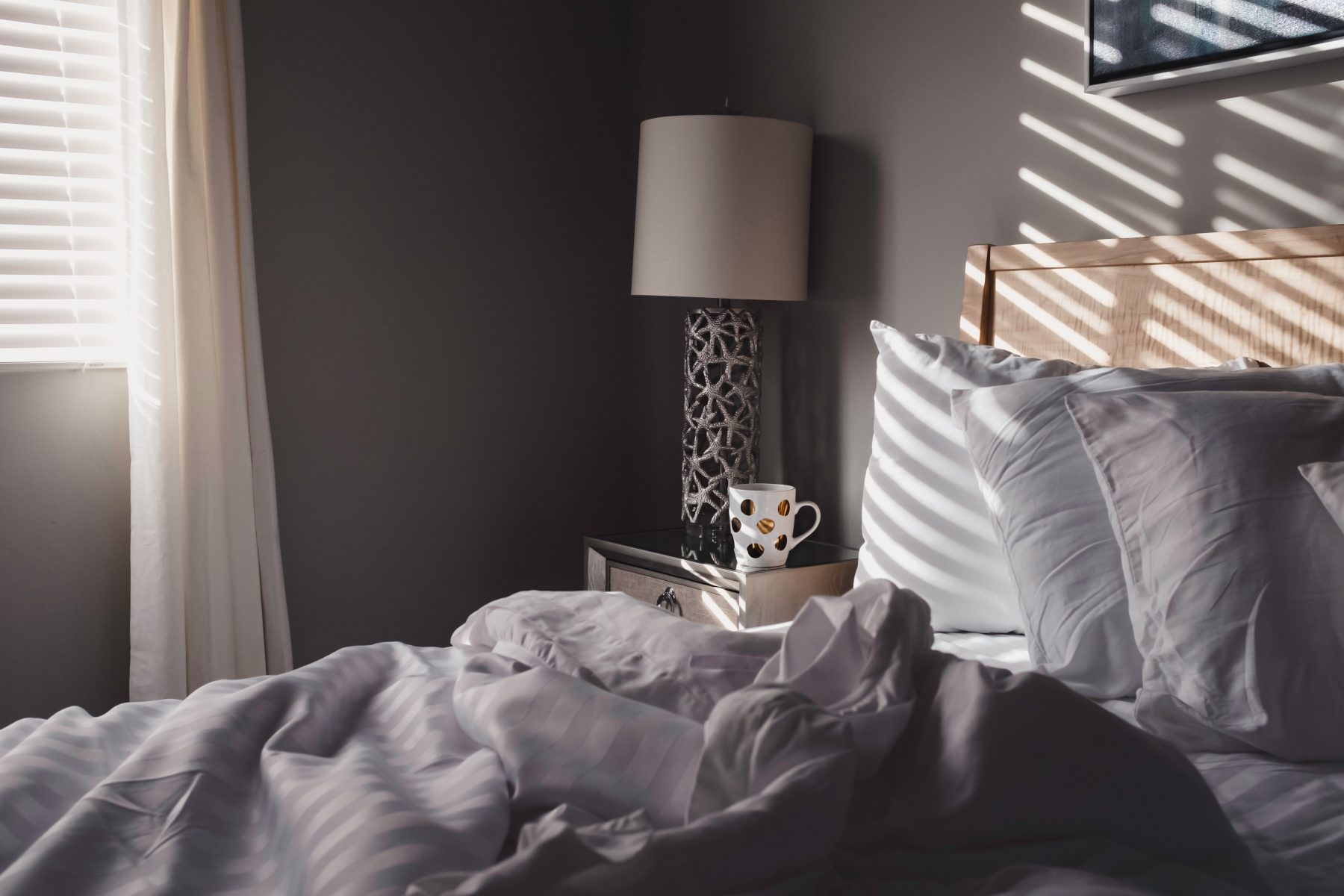With stress and anxiety being as rampant of a condition in our modern western society as they are, so are the numerous treatments available. However, if I were to break it down to the most significant remedy, it would be self-knowledge! Now, how does this relate to herbal teas and treating anxiety and depression?
The field of Health Psychology has proven that the best chance an individual has of overcoming an illness or disease is to feel in control of their health and be actively involved in treatment. Being in control of your health requires knowing your body, your mind, and how to help yourself through whatever you may be experiencing. This, of course, does not negate the medical system, it only describes the mental attitude of a patient is one of empowerment – as opposed to submission.
Now, wouldn’t it be great if you had a deep understanding of your various moods and knew how to address each? A great place to start is through the use of herbal teas! Let me explain.
Here are some general emotional and physical manifestations of mild depression and anxiety:
Depression Anxiety
– Lack of motivation – Irritability
– Lack of interest in usual activities – Inability to relax
– Increased sleep – Ruminating negative thoughts
– Low energy, easily fatigued – Sleep disturbances
– Personal caretaking a back seat – Sweaty palms, heart palpitations, shortness of breath
Often, in mild forms of stress manifesting in depression or anxiety, it is not as clear-cut as above and you may experience symptoms from both categories. Regardless, here are some herbal teas that can help you de-stress and reduce the physical symptoms of depression and anxiety:
Green Tea
If your energy levels are low while you’re also feeling anxious, green tea can help give your body a slight energy boost without worsening irritability or nervousness. The L-theanine content of green tea (much higher in matcha green tea) helps boost the brains alpha waves enabling one to have focused energy – as opposed to the scattered one that can come with coffee. L-theanine on its own as a supplement is also a great relaxing aide.
St. John’s Wort
A great herb to use as tea (or supplement form) for mild depression on a long-term basis as it is completely safe – except for the potential for development of light sensitivity. As well, since St. John’s wort works similarly to some anti-depressants, it is not recommended that you take them in combination due to the potential for serotonin syndrome – a potentially life-threatening condition of high serotonin levels. St. John’s wort helps boost your serotonin, dopamine and noradrenaline (all feel good hormone) levels and so is a potent herb to lift moods in cases of mild to moderate depression1,2. Remember that supplementation may be required for a couple of weeks before benefits set in.
Saffron
If you’re feeling so depressed and low that getting on with your days’ activities is simply a chore, a cup of saffron tea may just be what your brain needs to kick those feel-good hormones into action. Saffron in high doses has been noted to bring about manic hysteria so use sparingly and never use while pregnant.
Chamomile
When your anxiety is wreaking havoc on both your digestive system and sleep, chamomile should be your go-to tea. Sip it throughout the day to calm your digestive system and before bed to calm your mind. Usually incorporated into most sleep-time teas along with valerian root, passionflower, hops and lemon balm –all great herbs to use as tea before bed on restless nights.
Gotu Kola (Brahmi)
Sometimes the emotional manifestations of stress are simply a result of plain depletion and exhaustion. If you’re suffering as a result of chronic unrelenting stress manifesting in physical fatigue, mental exhaustion, forgetfulness, anxiety and/or depression, adaptogenic herbs like Gotu Kola should be your go-to remedy. A medicinally identical herb to Gotu Kola is Ashwagandha and is easily available as a tea or medicinal capsules.
Golden Mylk
Now this tea is not one that you’d expect to receive symptom relief from. However, it deserves mention as Turmeric (the main ingredient in Golden Mylk) is a potent anti-inflammatory agent. This would be your go-to if your goal is addressing depression and anxiety at the root. Research shows that in many cases, symptoms of depression and anxiety may simply be a result of systemic inflammation3,4. Now, there are many lifestyle factors essential to managing chronic inflammation and that remains for our next article, however, Golden Mylk would a great starting point to managing systemic inflammation thereby eliminating one causative factor for mental and emotional discomfort.
To summarize, self-knowledge is the most powerful tool in caring for our physical as well as mental and emotional health. The herbs listed above are still at best only part of your treatment and although they can provide great relief, it’ll only be temporary and may not be meaningful unless combined with other practices such as mindfulness.
[1] Schmidt, M. and Butterweck, V. (2015). The mechanisms of action of St. John’s wort: an update. Wiener Medizinische Wochenschrift, 165(11-12), pp.229-235.
[2] Nathan, P. (1999). The experimental and clinical pharmacology of St John’s Wort (Hypericum perforatum L.). Molecular Psychiatry, 4(4), pp.333-338.
[3] Jha, M. and Trivedi, M. (2018). Personalized Antidepressant Selection and Pathway to Novel Treatments: Clinical Utility of Targeting Inflammation. International Journal of Molecular Sciences, 19(2), p.233.
[4] Lindqvist D, et al. (2017). Oxidative stress, inflammation and treatment response in Major Depression. Psychoneuroendocrinology, Feb;76:197-205.


